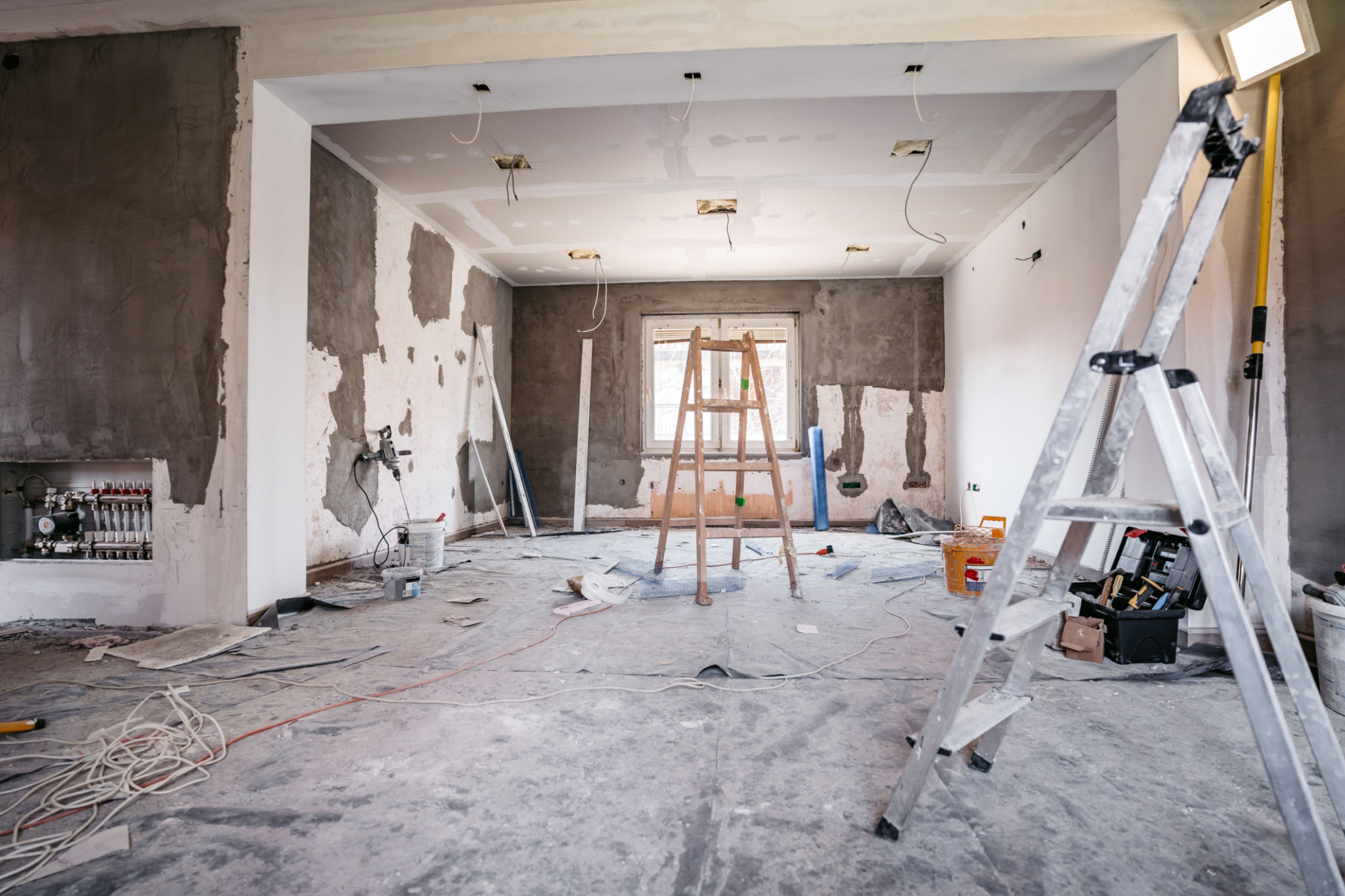House Flipping Businesses: What You Need to Know Before Selling
Understanding the Basics of House Flipping
House flipping has become a popular venture for many aspiring real estate entrepreneurs. At its core, house flipping involves buying a property, making improvements, and selling it for a profit. However, it's crucial to understand the complexities involved before diving in. While the rewards can be substantial, so can the risks if you proceed without adequate preparation.
Before you start flipping houses, familiarize yourself with the real estate market dynamics. Understanding local market trends, the types of properties that are in demand, and the potential resale value is essential for making informed purchasing decisions. Research is your best friend when it comes to house flipping.

Setting a Realistic Budget
One of the most critical aspects of house flipping is setting a realistic budget. This encompasses not only the cost of purchasing the property but also renovation expenses, holding costs, and unexpected contingencies. It's advisable to have a financial buffer to cover unforeseen expenses that might arise during the renovation process.
Creating a detailed budget plan helps you stay on track and avoid overspending. Consider consulting with a financial advisor or an experienced house flipper to get an accurate estimate of potential costs. Remember, the goal is to maximize your return on investment while minimizing expenses.

Choosing the Right Property
Selecting the right property is crucial for a successful flip. Look for homes in desirable neighborhoods with good resale potential. Properties that require mostly cosmetic updates are often better suited for beginners, as they typically involve less risk and quicker turnaround times.
Perform thorough inspections to identify any major structural issues that could significantly impact your budget and timeline. Collaborating with a reliable real estate agent can help you find properties that meet your criteria and negotiate better deals.
Effective Renovation Strategies
Once you've purchased a property, the renovation phase begins. Effective renovation strategies can make all the difference in your house flipping success. Focus on updates that add the most value, such as kitchen and bathroom remodels, fresh paint, and curb appeal enhancements.
It's essential to work with skilled contractors who understand your vision and budget constraints. Clear communication and regular progress checks ensure that renovations stay on schedule and within budget.

Navigating the Selling Process
After renovations are complete, it's time to sell the property. Pricing your home competitively is key to attracting potential buyers quickly. Analyze comparable sales in the area to set a realistic price point that reflects the value of your improvements.
Marketing plays a significant role in how fast and profitably you sell your flipped property. Utilize professional photography, online listings, and open houses to showcase your work to prospective buyers effectively.
Understanding Legal and Tax Implications
Before selling your flipped property, familiarize yourself with any legal and tax implications involved in house flipping. Different regions have varying regulations regarding property sales, so it's crucial to be aware of any local laws that may affect your transaction.
Consulting with a real estate attorney or tax professional can provide valuable insights into potential liabilities and tax obligations you may encounter. Properly managing these aspects helps ensure compliance and protects your profits.

Final Thoughts
House flipping can be a lucrative business endeavor if approached with careful planning and execution. By understanding the market, setting realistic budgets, choosing the right properties, executing strategic renovations, and navigating the selling process effectively, you can increase your chances of success.
Remember, patience and perseverance are key traits for any successful house flipper. As you gain more experience, you'll develop insights that will help refine your strategies and improve your profitability over time.